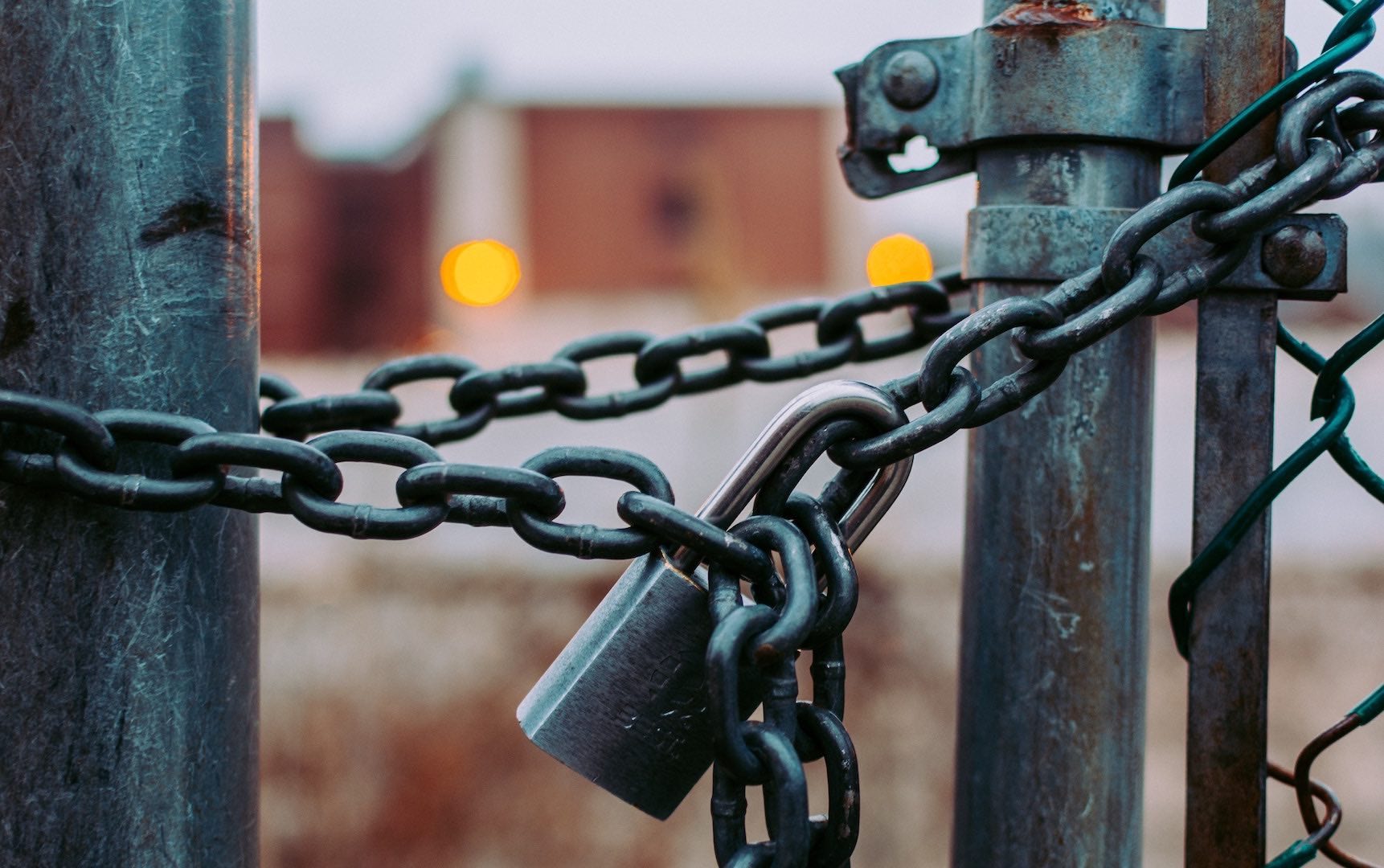The Regulation on the protection of natural persons with regard to the processing of personal data and on the free movement of such data, and repealing Directive 95/46/EC (Data Protection Directive), or more commonly known as The General Data Protection Regulation (GDPR).
The GDPR is a set laws and rules around the rights of data ownership, data protection and data privacy in European countries. It introduced by the European Parliament and Council in order to simplify and unify all European countries under a single set of laws. All companies that collect data from anyone that resides in the European Union, have to comply with those new rules. Those new regulations empower and protect Internet users by giving them more rights to decide what happens with their personal data and information.
Companies used to have a lot of freedom and control over and user provided data. The new laws shift the rights from website and platform operators back to the users. As a specific example, Facebook users can now decide how long their data is stored and when Facebook has to delete it. This covers all private details like name, address, phone number, email, bank and credit card details etc.
In order to be in compliance with those new rules, companies that collect data from people within the European union need to provide users with adjustable settings that allow their users to choose what happens with their data. Companies are also required to provide a reasonable level of protection for any personal data provided by their customers.
The interesting part of the GDPR is that it doesn’t only apply to EU citizens or residence but technically to anyone who provides data to a platform or website while being physically within the EU. In other words, if you were a traveller visiting Europe, data you upload or share on Facebook, Twitter or co should technically be covered by the GDPR. There is not specific information though how this can actually be enforced.
While the GDPR goes into much more detail, what all Internet users should take away from this is that they have now more rights over their data. Have a look at your account settings of the online platform, social media site or service you use. There should be options for to decide what happens with your data.
If you are keen to learn more about the General Data Protection Regulation, have a look at the following sources:


